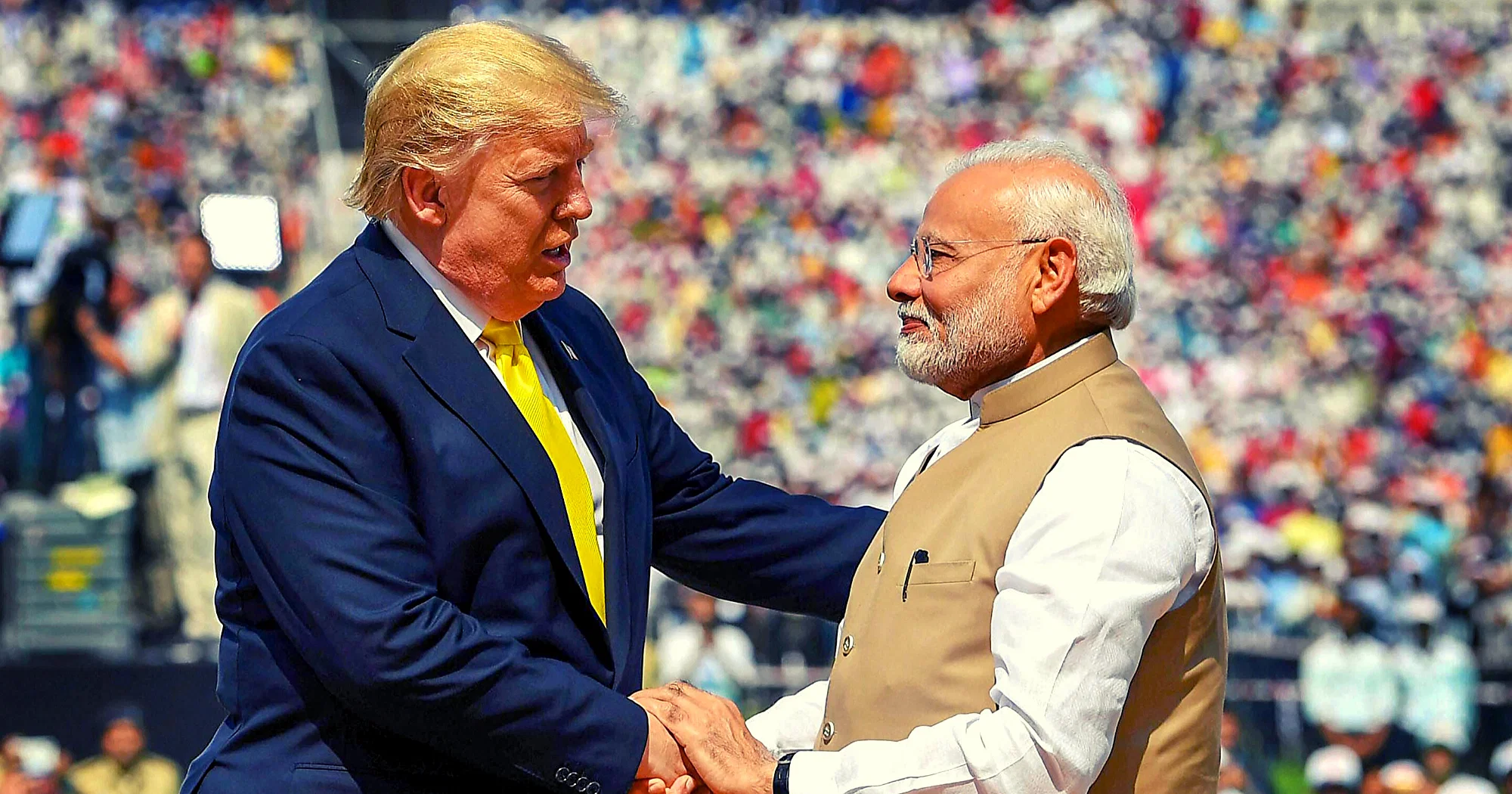
The United States elected Donald Trump, a businessman who had no previous political experience, to the highest office in the land, a stunning shift that surprised American citizens and the international community. The 2016 election marked a pivotal moment in American history, a dramatic departure from traditional political norms and an unmistakable lurch to the right. Populist rhetoric, outsider status, promises to shake things up in Washington-first, Donald Trump represents an unprecedented shift within the American political structure.

The Emergence of Populism
Donald Trump’s election has topped years of increasingly rising populism all over the United States. His campaign was founded upon a sense of disillusion held by most working-class Americans, especially those in the Rust Belt, which globalization and the disappearance of manufacturing jobs left behind. He was able to express that frustration through positioning himself as a political outsider who could challenge the “establishment” and drain the swamp in Washington, D.C.
His rhetoric, sometimes fierce and brutally candid, struck a chord with a disillusioned electorate tired of the politics of the ruling class. His vow to “Make America Great Again” resonated with those who felt the good times were behind America and that Trump represented their vision. That appeal to national pride, cultural conservatism, and economic nationalism was an important part of his success.
Policy: A Rightward Lurch
Trump’s victory was also a decisive shift to the right in American policy. He represented conservative policies on immigration, healthcare, and taxes during his term in office. His policies appealed to traditional conservatives from the reduction of corporate taxes and rollback of environmental regulations to conservative judges on federal courts, including three justices on the Supreme Court.
On immigration, Trump acted aggressively: he constructed a wall along the U.S.-Mexico border, restricted travel from several countries in the Middle East that were mostly Muslim, and adopted strict policies on asylum. All of this was part of his strategy for national security and job security for American citizens but triggered the most intense debate regarding race, identity, and the position of America in the international community.

In foreign policy, Donald Trump went with an agenda of “America First”, which had as its principal focus American interest, quite often to the detriment of traditional allies. He pulled out of Paris Climate Accord, withdrew United States from Iran nuclear accord, and continued an on-escalating trade war with China. It was marked by a larger philosophy of always putting America first, without international cooperation in the making, compared to the foreign policy followed by the administrations before it.
Impact on American Politics
Trump’s election fundamentally reshaped the Republican Party and American politics in general. His unapologetic, populist style and disregard for political correctness not only mobilized a significant portion of the electorate but also divided the nation. The political discourse became increasingly polarized, with many viewing Trump either as a defender of traditional American values or as a dangerous demagogue who threatened the nation’s democratic principles.
In addition, his presidency deepened the ideological fault lines between rural, conservative America and the urban, liberal centers. His administration helped deepen tribalism in U.S. politics: political allegiance became a question of identity itself, often overriding the substance of policy.
Although polarizing, Trump had a loyal and fervent following. His strong footprints within the Republican Party continued to influence the party long after he left office. In fact, to this date, his endorsements seem to make all the difference in elections as well as chart a direction for the party.

Conclusion: A Nation at a Crossroads
The election of Donald Trump has been the most significant rightward lurch in American politics since the end of the Cold War, and centrist policies that defined much of the post-Cold War era are now relegated to the dustbin of history. His presidency has produced significant accomplishments for conservatives, but also deepened the divisions that have many concerned about the future of American democracy. It is still too early to tell whether this is a temporary shift or a permanent transformation in the country’s political direction.
The country will be wrestling in the years to come with the long-term impact of the Trump years, his policies, and the far larger social changes he has set in motion. This is a given: the United States will never be the same, and the election of Trump represents a moment in the nation’s continuing evolution toward the right.
For More Visit – Biographyocean




